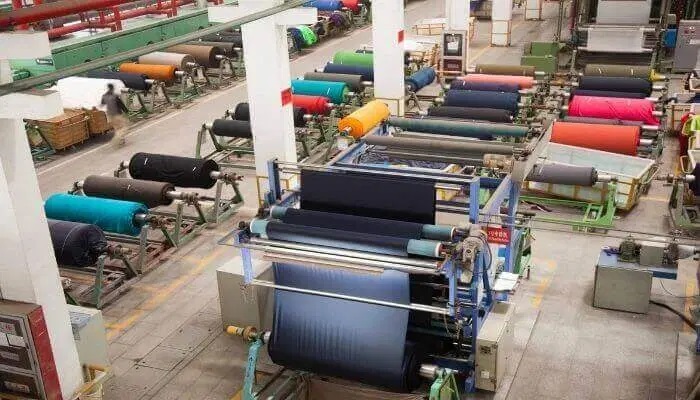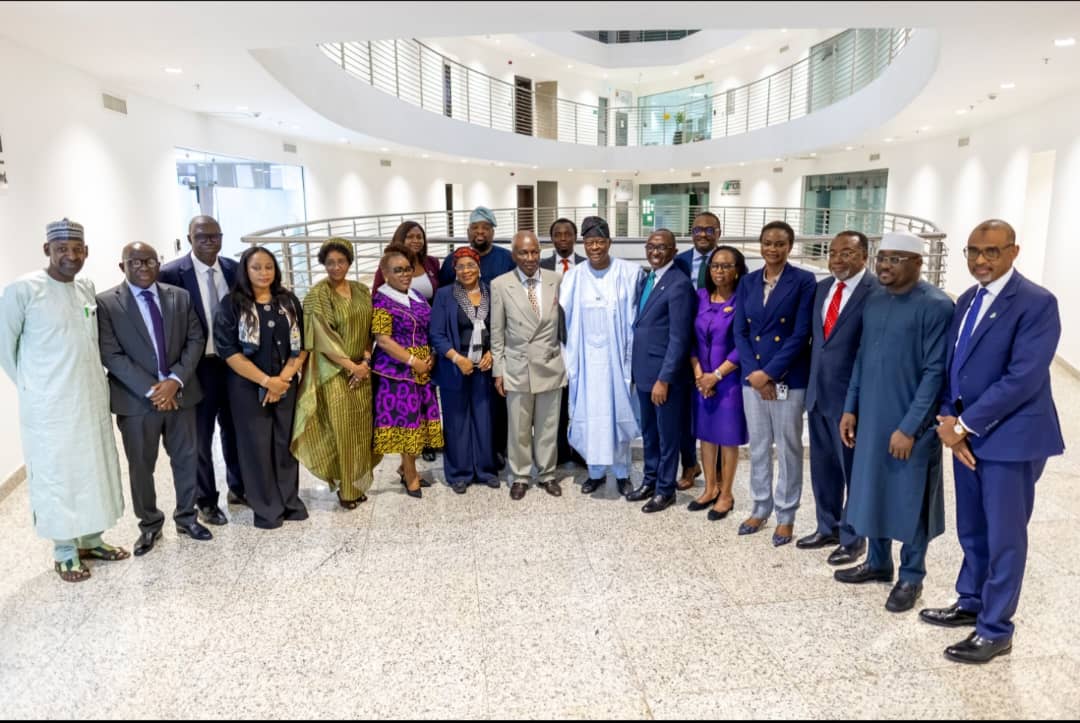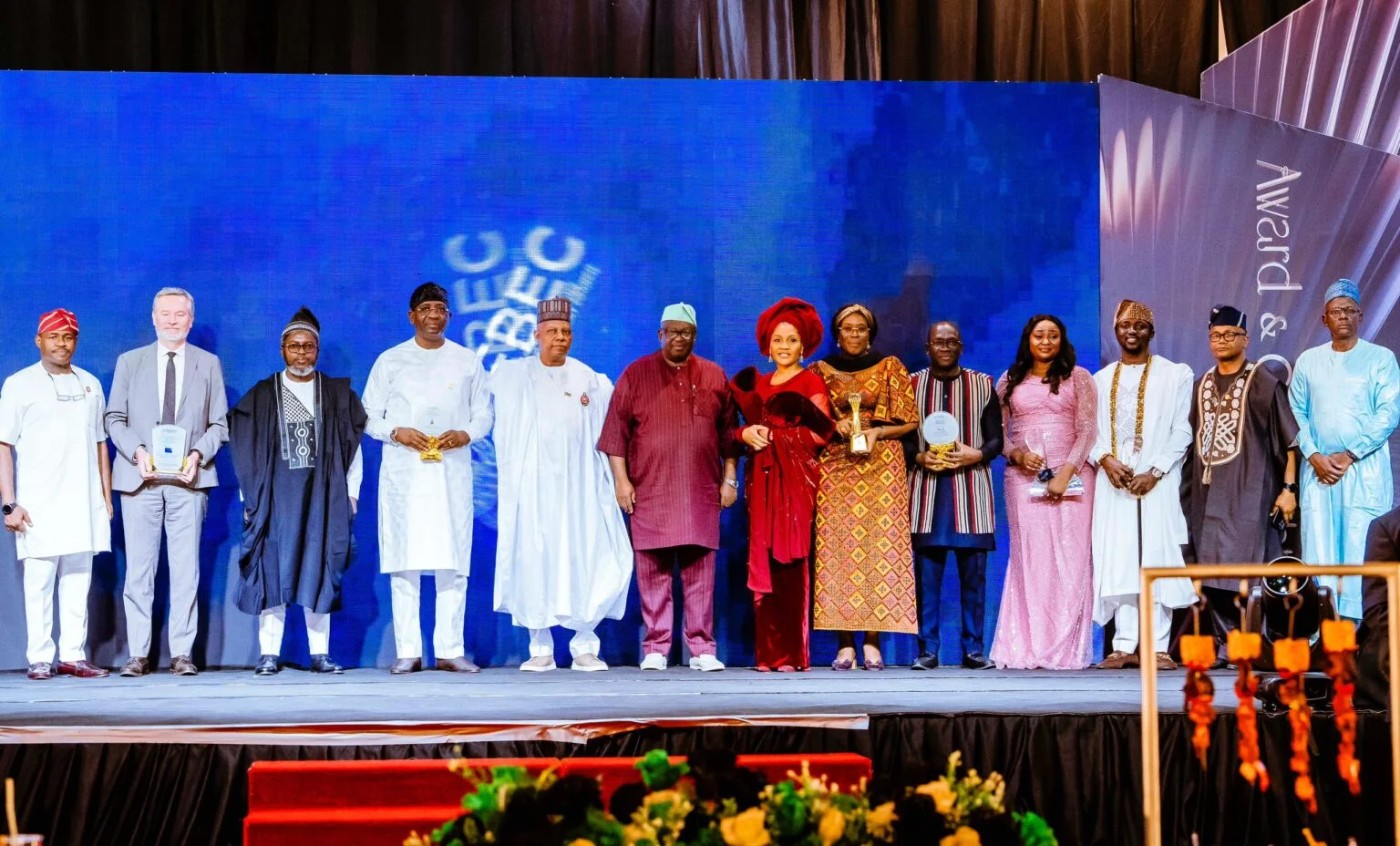The House of Representatives has urged the Federal Government to ban importation of foreign textiles as a way of rejuvenating the production of local textile materials in the country.
This was sequel to the adoption of a motion by Rep. Garba Muhammad (NNPP-Kano) at the plenary on Tuesday.
Moving the motion, Muhammad said that the Nigerian textile industry, with over 180 mills in operation in the 1960s and 1980s, had significantly impacted the manufacturing sector.
He said that the sector employed no fewer than 450,000 people and generated 67 per cent of annual growth, thus making it the highest employer of labour.
According to him, Nigeria possesses ample raw materials, such as cotton and wool for textile production, which can boost local productivity and the economy.
“Revitalising the textile industry will create employment, reduce social issues, boost revenue, diversify the economy and enhance socio-economic development in the country.
“The significant decline in the textile industry over the last two decades, resulting in the lay-off of thousands of workers from companies like Kaduna Textile, Kano Textile, Aba Textile, United Nigeria Textile and First Spinners, among others calls for concern.
“The discovery of oil in Nigeria resulted in decreased cotton production, a crucial raw material for the textile industry, thereby significantly impacting the textile sector.
“Government policies, such as higher taxation, expensive production costs and trade liberalisation, leading to extensive importation of textile materials, which had had a negative impact on the production of local textiles, calls for worry,” he said.
The house, therefore, urged the Federal Ministry of Power to collaborate with the Federal Ministry of Industry, Trade and Investment to provide necessary facilities, especially power supply, to local textile manufacturing companies to enhance quality outputs.
The lawmakers further urged the Federal Ministries of Finance, Industry, Trade and Investment and other related agencies to encourage local textiles by providing soft loans and easy access to credit facilities through Bank of Industry.
In his ruling, the Speaker of the house, Rep. Abbas Tajudeen, mandated the Committee on Legislative Compliance to ensure compliance.
He also directed the Committees on Industry and Commerce to conduct public hearing with relevant stakeholders in textile industries to review the challenges currently confronting the textile sector.
He said that the committee should submit its report within four weeks for further legislative action. (NAN)





